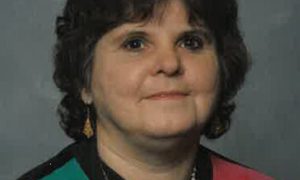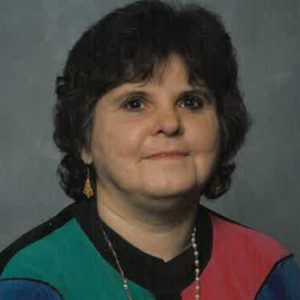As we have witnessed once again in recent weeks, domestic violence happens in rural communities and sometimes results in serious injury, death or suicide. Our heartfelt condolences go out to the families and friends directly impacted by these recent events, and to our entire community because domestic violence hurts us all.
Domestic violence is complicated and few people are able to leave abusive relationships without help. These relationships are not about straightforward one-time incidents of abuse. The abuse is almost always part of an on-going strategy designed to establish control over a partner. It usually unfolds unevenly, with the abuse interspersed among long periods of peace. It can start out with subtle controlling behaviors or minor humiliations, and unfold over years during which children are born, houses are bought, lives are built, and promises to change are repeatedly offered.
When someone decides whether to leave an abusive relationship they are often weighing painful trade-offs. They want to leave the abuse, but do they have anywhere to go? Will their children need to leave their community school? Will their faith community blame them for breaking up the family? Has their partner threatened to harm them or their loved ones or their pets, or to commit suicide if they leave? What will they do for money? Do they have any friends left, or has their abusive partner successfully isolated them from every possible support? Is there any possibility that the relationship can be restored to what it once was or once promised? Will anyone believe them about the abuse? Abusive people often have charming qualities and are well liked. People often find it hard to believe they were even capable of harming the person they profess to love.
It becomes easy to see why it is hard to leave without help. Fortunately, help is available in the hilltowns, and it is available to everyone – of any gender, race, ethnicity, faith, ability, age, sexual orientation or identity. Domestic violence knows no boundaries. Our help should not know boundaries either.
Hilltown Safety at Home, a program of Hilltown Community Health Centers, has domestic violence advocates (413-212-8885 or 413-387-3120) that help people weigh the difficult trade-offs. Advocates also help people develop safety plans, access resources, and navigate the courts. If it is safe, advocates can provide transportation to court and can come to the home or meet in another safe location. There are also 24-hour hotlines, shelters, and support services available through Safe Passage in Northampton (888-345-5282), the Elizabeth Freeman Center in Pittsfield (866-401-2425), or the YWCA (800-796-8711 in Springfield.
If you know someone who is being abused, we urge you to reach out. Let them know they are not alone. Give them the numbers above, and offer to make the first call with them. They might not be ready – and that is their choice – but you will have made a crack in the isolation that can make it so hard to leave.
Phil Barry
Monica Moran
On behalf of the members of the Southern Hilltown Domestic Violence Task Force








